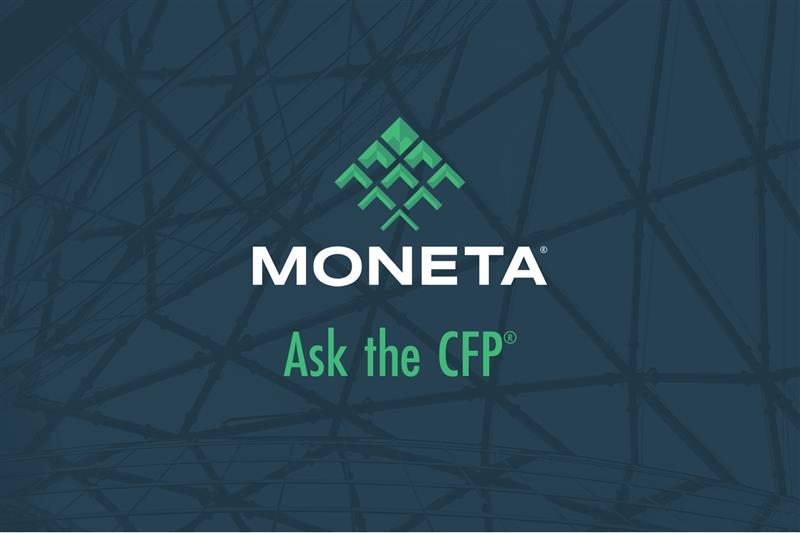Hello everyone and welcome to this month’s Ask the CFP segment. This month’s question is, “how does the Federal Reserve Bank raising rates affect me?” It’s common knowledge today that interest rates are increasing to fight high levels of inflation. Interest rates vary for many reasons but are largely based on the rate set by the Fed for lending between banks. If lending between banks becomes more expensive because of higher rates, those banks pass on the higher costs to businesses and consumers through higher rates on loans. This is where we find the answer to this month’s question. How the Fed rate increases affect someone’s finances depends on their financial situation. For example, if you’re close to retirement and have a pension, rate increases are likely to affect the actuarial assumptions used within the pension. If you have the option of taking a lump-sum payout, your lump-sum estimate may decrease as rates increase. That’s because lump-sum pension payouts are based on the amount of money needed to provide income through someone’s life expectancy. If the pension can rely on higher rates of return on bonds, then less money would be needed to provide that income through life expectancy. Lump-sum pension payouts aren’t for everyone, but if you’ve been considering it, now may be a good time to review your options. Aside from pensions, some people may welcome the idea of higher interest rates, especially if they use CDs, money market funds or other fixed income investments. Higher rates mean higher rates of return for these types of products. However, for anyone that already owns fixed income investments such as bonds, it means your bonds will be decrease in value – at least on paper. A bond purchased four years ago may be worth less today since someone could buy a similar bond at a higher rate today. This has been a tough market for bond owners because of this inverse relationship between bond values and interest rates. Keep in mind though, as bonds mature, they generally receive their bar value back. This means the lower value you see on paper for a four-year-old bond may rise back to it’s original par value if held to maturity. Lastly, for anyone relying on debt, such as mortgages, business loans or student loans, the cost to borrow will likely increase as the Fed increases rates. Mortgage rates have already seen increases from 2-3% to 5-6%. For this reason, if you need a loan, it may be wise to lock in a fixed rate now before further rate increases occur. When it comes to funding college, this is a great example of how proper planning and saving to a 529 plan can reduce or eliminate the need for student loans in the future. Cash isn’t always king, but it certainly helps to have it when loan rates increase. Overall, rate increases cause change and change causes volatility. During this volatility, we must remember why the Fed is increases rates. It’s all in an effort to lower inflation to around 2% long-term. If you have a question about this topic or have a question for next month’s video, please send it to TFreeman@MonetaGroup.com. Thanks for watching and we’ll see you next month. The opinions voiced in this material are for general information only and are not intended to provide specific advice or recommendations for any individual. Please speak with a qualified tax or legal professional before making any changes to your personal situation. ©2022, Moneta Group Investment Advisors, LLC. Trademarks and copyrights of materials referenced herein are the property of their respective owners. These materials have been prepared for informational purposes only based on materials deemed reliable, but the accuracy of which has not been verified. Past performance is not indicative of future returns. You cannot invest directly in an index. These materials do not constitute an offer or recommendation to buy or sell securities, and do not take into consideration your circumstances, financial or otherwise. You should consult with an appropriately credentialed investment professional before making any investment decision.
Insights & News
Ask the CFP: How Does the Federal Reserve Bank Raising Rates Affect Me?

Topics
Additional articles
-

Freight is Fraught, and Banks make Bank
Markets continue to be noisy this week – as they digest market jitters at the end of last week (when…
-

Totally Eclipsed
Aoifinn Devitt – Chief Global Market Strategist It brought tears of joy, and highway tailbacks for hours. Monday’s total lunar…
-

Monthly Recap – March 2024
Chris Kamykowski, CFA, CFP® – Head of Investment Strategy and ResearchTim Side, CFA – Investment Strategist Monthly Observations Upward Momentum…